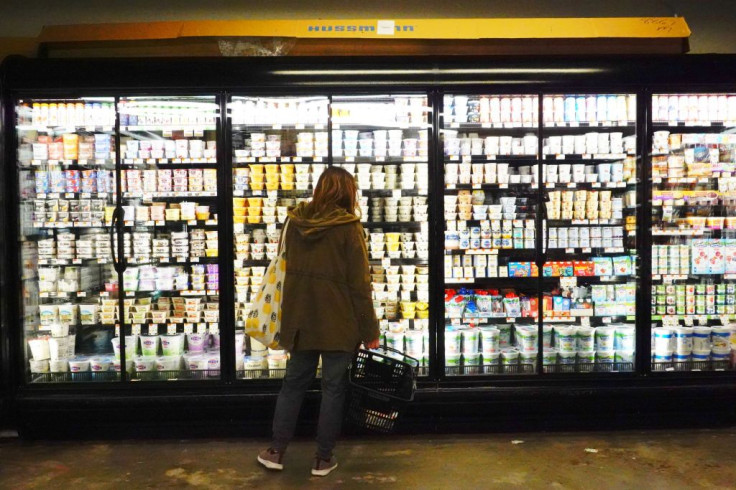More than half of Americans have little to no savings and are likely to accrue more debt as a result of growing inflation due to their inability to save or set aside emergency funds.
A nationwide Bankrate survey of 1,025 people found that 51 percent of Americans reported having little to no emergency funds or savings.
A July LendingTree poll of 1,008 responders found that while less than half of Americans had saved, 43 percent will take on new debt in the next six months to make ends meet. Parents with young children made up more than half of that number.
When prices for goods and services are soaring, the country's inflation rate hit its highest level in 41 years last month. Economists anticipate a 47 percent chance of a recession within the next 12 months.
According to LendingTree research, more than three out of five Americans are already in debt, with credit cards being the main reason over half of them continue accumulating debt.
The poll added that 20 percent had student loans, 33 percent had car loans, 29 percent had mortgages, and 70 percent had credit card debt. In addition, 56 percent of millennials and 55 percent of Gen Zers would accrue more debt when the borrowers were divided by age group. The situation for older Americans was marginally better, with 21 percent of Baby Boomers and 41 percent of Gen Xers anticipating debt.
Consumer savings, which are currently lower for one-third of Americans than last year, would most likely be impacted by the growth in debt. According to a June Bankrate study, only 28 percent of Americans have enough money saved for an emergency, and 23 percent have no emergency reserves.
Daily Mail noted that while about 22 percent of respondents indicated they could cover three to five months of expenses, only 27 percent could cover six months or more, the minimum period recommended by financial experts.
Around 43 percent of Americans, particularly young people and parents of young children expect to increase their debt in the upcoming six months to make ends meet. The majority of respondents to the study said they would use credit card debt to make up the difference between what they need and what they can afford.
According to CNBC, the rise in borrowing, combined with mortgages, auto loans, and student loans, increased total household debt to a record $15.84 trillion at the beginning of the year.
As prices for food, petrol, and other items have increased faster than they have in four decades, inflation has recently dominated news about the American economy. However, there is currently a global issue with inflation, and in recent months, the United States has outperformed other nations. In June, US consumer prices gained 9.1 percent year over year, while ES prices rose 9.6 percent over the same time.
In the United States, domestic concerns, particularly President Biden's policies, have dominated public discussion of inflation. Critics assert that by providing $1.9 trillion to Americans, state governments, and other projects, the American Rescue Plan, a pandemic relief program signed into law by Biden 16 months ago, has increased consumer demand. Prices have escalated because there is more demand than there are available products to meet it.
Analysts claim that the measure has unquestionably increased inflation. However, global trends show that focusing just on the US's participation misses an essential element of the narrative: how other forces have also contributed to increasing costs.
The main factors that increased inflation in the United States also affected the rest of the world, including rising consumer demand for commodities and supply chain disruptions brought on by both the outbreak and Russia's invasion of Ukraine.
However, according to Harvard economist Jason Furman, the effects of rising inflation have varied across different countries. The New York Times added that the earlier, more significant price increase in the United States had different causes than the more recent spike in Europe.

© 2025 Latin Times. All rights reserved. Do not reproduce without permission.







